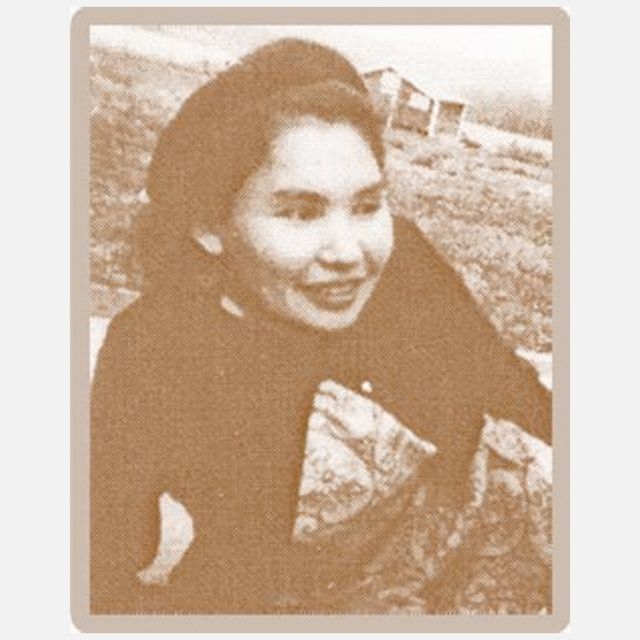Born with a spine curvature that formed a hump on her back and made it difficult for her to walk or kneel, she attended the Lejac Residential School and asked to remain there after graduation as a lay staff member, doing various tasks from sewing to secretarial work.
“Rose’s life was marked by cheerfulness and gratitude,” said the council’s message. “She helped other students with their school work and they sought her out for guidance.”
Prince died of tuberculosis in 1949 at the age of 34. Devotion to Prince has grown over the years to include an annual pilgrimage that began in 1990 and attracts hundreds. Some have claimed to have found healing as a result of her intercession, says the council’s message posted on the bishops’ web site (cccb.ca).
Council member Rennie Nahanee of the Squamish First Nation hopes Canadian Catholics will consider some of the history that does not get into the history books and the difficulties First Nations peoples have faced through colonialization, the loss of their traditional hunting and fishing groups and being forced onto reserves.
“Remember who your neighbour is and the story of the Good Samaritan,” he said.
Nahanee pointed out for many First Nations “our spiritual values were similar to the Church’s. That’s why the Church was readily accepted.”
Prayer for aboriginals remembers Rose Prince
By Deborah Gyapong, Canadian Catholic NewsOTTAWA - The Canadian Catholic Aboriginal Council has focused its annual message for the National Day of Prayer for Aboriginal Peoples on a young woman named Rose Prince.
Each year, Catholics remember aboriginal peoples on Dec. 12, the Feast of Our Lady of Guadalupe. The aboriginal council, an advisory body of the Canadian Conference of Catholic Bishops composed of seven aboriginal members and two bishops, raises awareness of little known aboriginal Canadians who were known for their holiness, like Prince, who was born in 1915 to a devout Catholic family at Nak’asdli, a First Nations community near Fort St. James in northern British Columbia.
Please support The Catholic Register
Unlike many media companies, The Catholic Register has never charged readers for access to the news and information on our website. We want to keep our award-winning journalism as widely available as possible. But we need your help.
For more than 125 years, The Register has been a trusted source of faith-based journalism. By making even a small donation you help ensure our future as an important voice in the Catholic Church. If you support the mission of Catholic journalism, please donate today. Thank you.
DONATE
